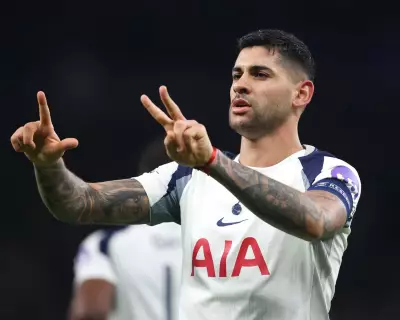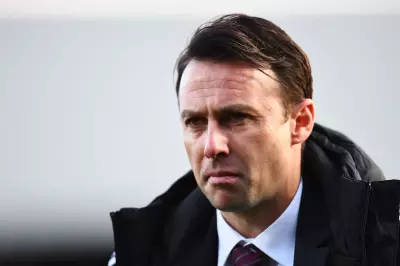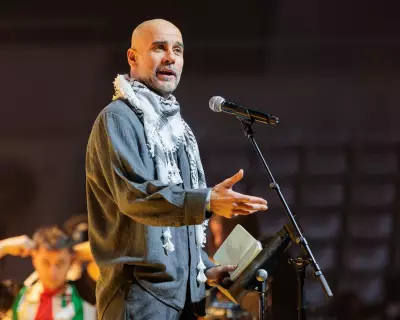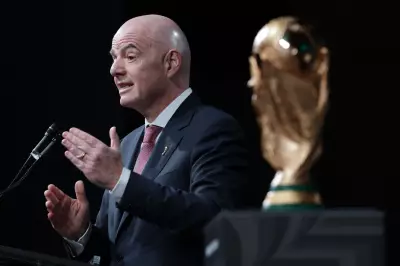
In a revelation that highlights the growing financial divide in European football, Slavia Prague's sporting director has lifted the lid on Arsenal's "absolutely unprecedented" spending power in the youth transfer market.
Jiri Slama, the man steering Slavia's sporting strategy, made the startling admission about the Gunners' financial muscle during discussions about the Czech club's academy prospects.
The Financial Gulf in Youth Football
Speaking candidly about modern transfer realities, Slama revealed how conversations with young talents have evolved dramatically. "When we talk to a boy today and tell him that Slavia is interested in him, the first question is: 'How much will I earn?'" he explained.
This stark contrast in financial capability became painfully apparent when Arsenal entered negotiations for Slavia's promising youngsters. "We have already encountered a situation where we were overtaken by a giant like Arsenal," Slama confessed.
Arsenal's Unmatched Spending Power
The Slavia director didn't mince words when describing the scale of Arsenal's financial advantage. "What they can offer in terms of money for a 16-year-old boy is absolutely unprecedented," he stated, emphasising the revolutionary nature of such spending in youth football.
This financial firepower creates an almost insurmountable challenge for clubs like Slavia Prague, who must compete not just on sporting merit but against overwhelming economic forces.
The New Reality for European Clubs
Slama's comments underscore a growing concern across European football, where Premier League clubs' financial dominance is reshaping the transfer landscape at all levels. The ability to offer life-changing money to teenagers represents a fundamental shift in how talent is acquired and retained.
For traditional European powerhouses outside England's top flight, this creates a constant battle to maintain their academy pipelines against the gravitational pull of Premier League wealth.
The situation raises important questions about competitive balance and the future of youth development in football, as financial power increasingly determines which clubs can secure the next generation of talent.





